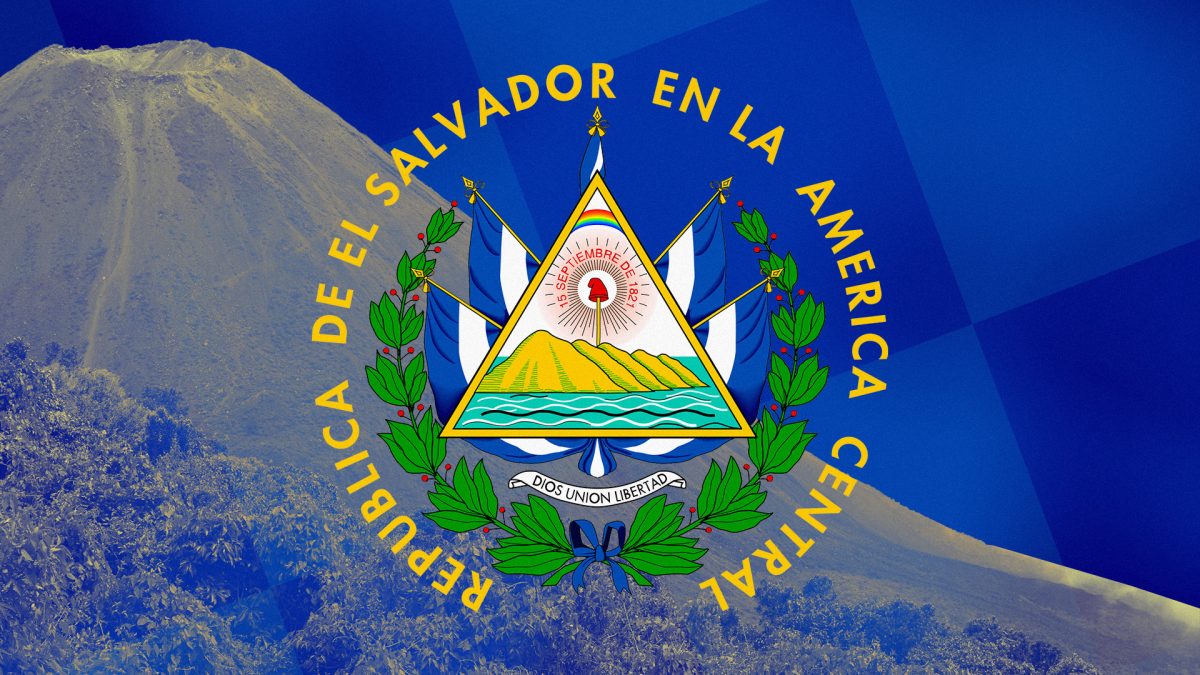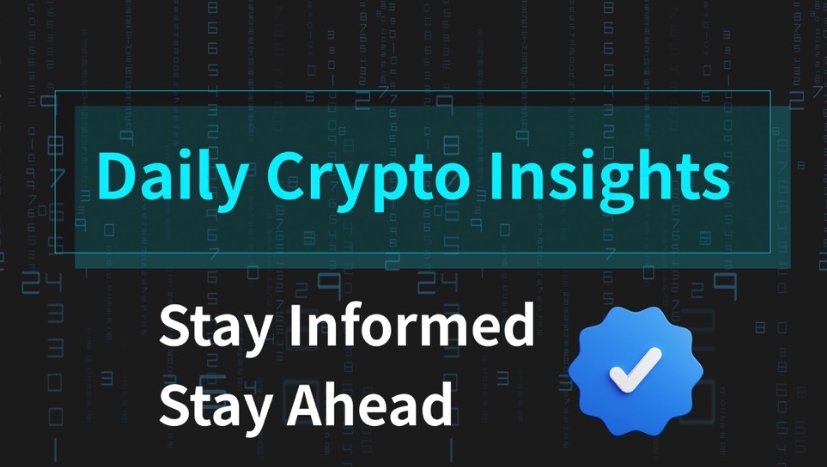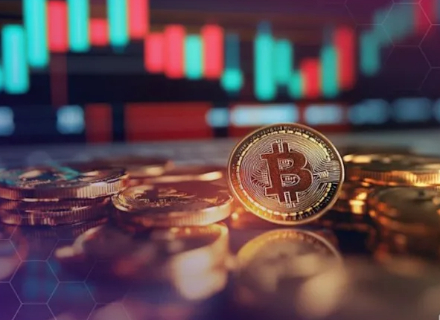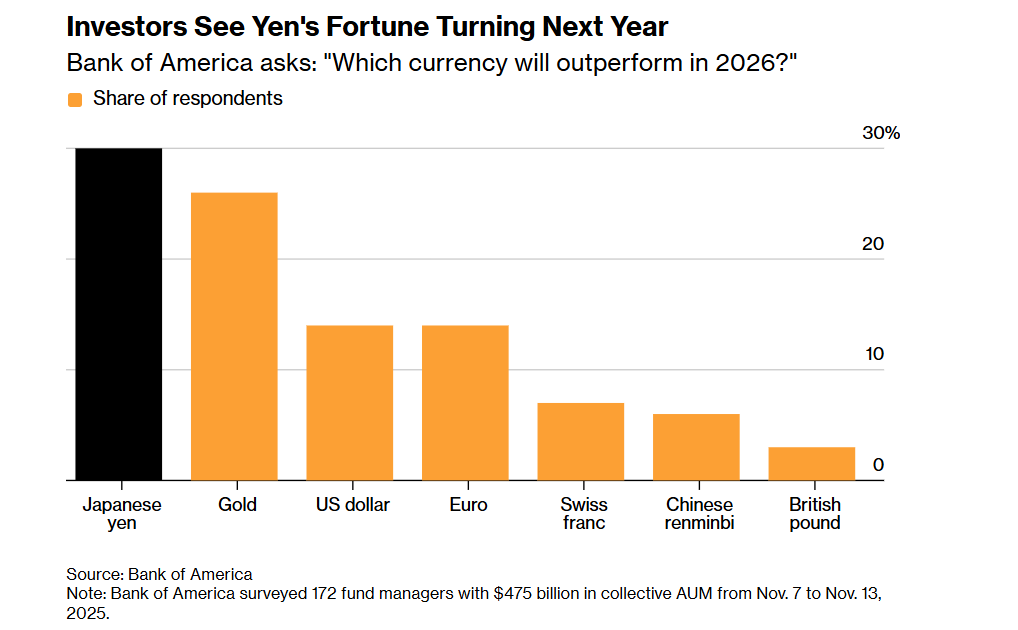El Salvador passes law letting investment banks hold bitcoin, serve qualified clients
Quick Take El Salvador’s assembly approved a new law on Thursday that opens a new path for regulated financial institutions to offer crypto-related financial services. Only institutions with over $50 million in capital can become an investment bank and apply for crypto licenses, and services are limited to investors with over $250,000 in liquid assets. El Salvador largely failed to spur mass adoption of Bitcoin following a public-sector push starting in 2021; the government committed not to accumulate addi

El Salvador's assembly approved a new law that will let large financial institutions apply for a license to offer financial services denominated in Bitcoin and other digital assets to "sophisticated investors."
The law allows financial institutions with at least $50 million in capital to qualify as investment banks, which are regulated separately from typical commercial banks. Those investment banks can then apply for various licenses to offer crypto-related financial instruments to investors with more than $250,000 worth of liquid assets, which can include BTC.
El Salvador's crypto license categories — allowing firms to register as a bitcoin service provider, digital asset service provider, or digital asset issuer — were established with prior legislation, but the new law allows investment banks to layer these licenses on top of their existing bank license. In practice, it lets well-capitalized institutions hold bitcoin, issue tokens, and structure crypto-linked deals within the current licensing regime rather than inventing a new one.
"The institutional architecture of the Salvadoran financial system will be expanded as a new, but regulated and supervised entity, complementary to the traditional banking system we are all familiar with," representative Dania González said in a press release . The law was backed by El Salvador's Ministry of Economy.
From retail adoption to institutional investment
The move underscores a larger shift in focus away from individual retail investors and toward larger, institutional capital. Though El Salvador made it mandatory for businesses to accept bitcoin for payment in 2021, the country walked back the regulation and other bitcoin-related efforts by the public sector in early 2025 in order to secure a $1.4 billion loan facility from the IMF.
Despite the initial push, analysts found low rates of bitcoin adoption by El Salvador's citizens, with only a reported 1% of remittances involving crypto assets and only 2 in 10 Salvadorans saying they've adopted cryptocurrency.
Though the Bitcoin Office, overseen by President Nayib Bukele, continues to claim it's buying 1 BTC per day, El Salvador's central bank president and minister of finance told the IMF in July that the country hasn't purchased bitcoin since the loan agreement was signed. The IMF's report said the apparent purchases of bitcoin actually reflect accumulation from various government wallets, which had already purchased the bitcoin, into its central "reserve" wallet.
Disclaimer: The content of this article solely reflects the author's opinion and does not represent the platform in any capacity. This article is not intended to serve as a reference for making investment decisions.
You may also like
"I'm panicking, what happened?" Cloudflare outage causes global internet chaos
The incident once again highlights the global internet's heavy reliance on a few key infrastructure providers.


Mars Morning News | Starting this Thursday, the United States will fill in missing employment data and release a new batch of economic data
The United States will fill in missing employment data and release new economic data. The Coinbase CEO is looking forward to progress in crypto regulatory legislation. Market participants predict the market is nearing a bottom. Phantom has launched a professional trading platform. Trump hints that the candidate for Federal Reserve Chair has been decided. Summary generated by Mars AI This summary was generated by the Mars AI model, which is still being iteratively updated for accuracy and completeness.

Countdown to a comeback! The yen may become the best-performing currency next year, with gold and the US dollar close behind
A Bank of America survey shows that more than 30% of global fund managers are bullish on the yen's performance next year, with undervalued valuations and potential central bank intervention possibly paving the way for its rebound.

